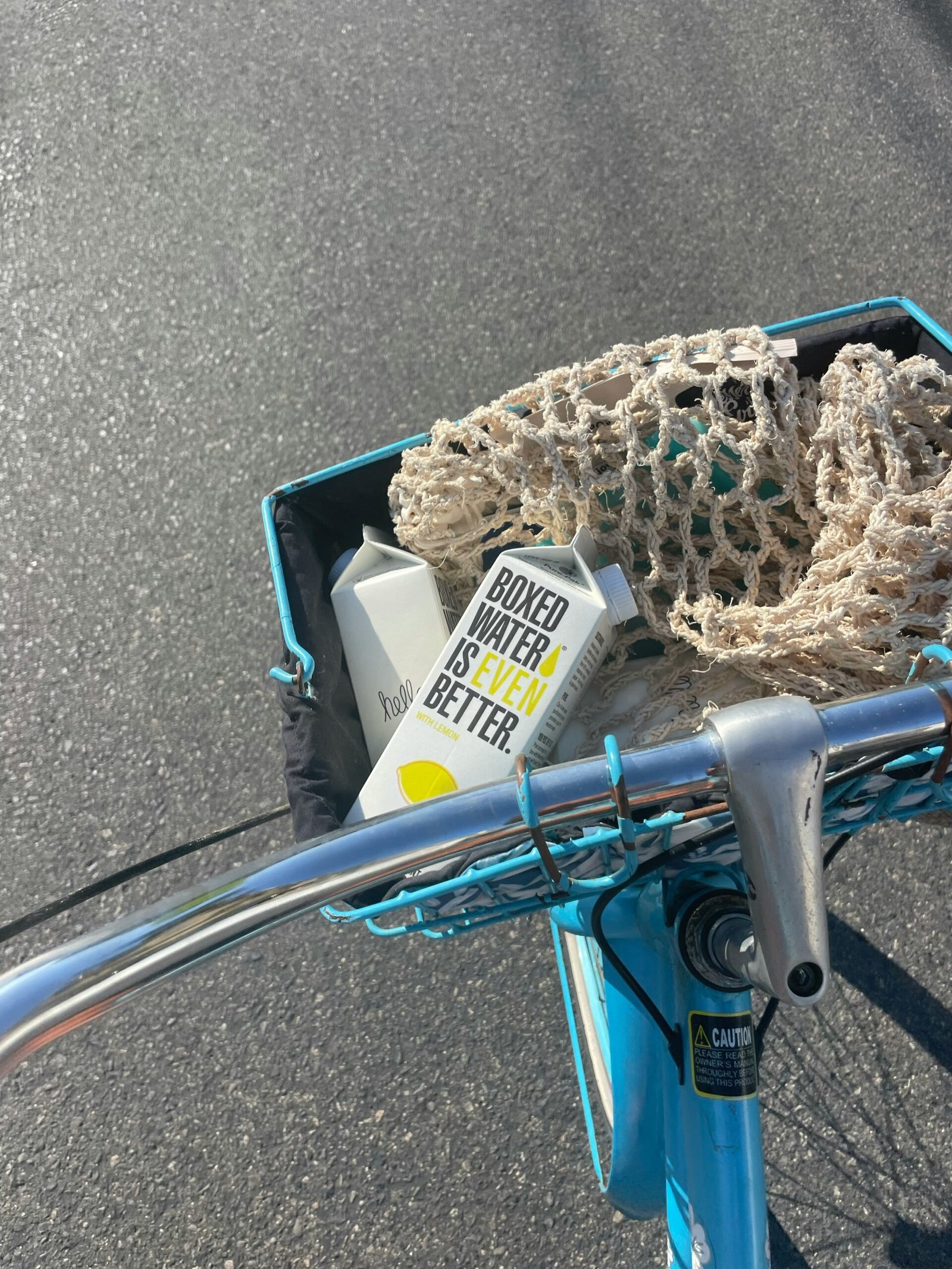Managing Stomach Problems When You Workout
Exercise is a great way to stay fit and healthy, but sometimes it can come with its own set of challenges. One common issue that many people face when working out is stomach problems. Whether it’s bloating, cramping, or indigestion, these issues can be uncomfortable and even disrupt your workout routine. However, with a few simple strategies, you can effectively manage stomach problems and continue enjoying the benefits of exercise.
1. Timing is Key
One of the first things to consider when managing stomach problems during a workout is the timing of your meals. It’s important to give your body enough time to digest before engaging in physical activity. Eating a heavy meal right before a workout can lead to indigestion and discomfort. Aim to eat a light meal or snack at least 1-2 hours before exercising to allow your body enough time to process the food.
2. Choose the Right Foods
The type of food you consume before a workout can also have a significant impact on your stomach. Avoid foods that are high in fat, fiber, or spice, as these can be harder to digest and may cause stomach issues. Instead, opt for easily digestible foods like lean proteins, fruits, and vegetables. Experiment with different foods to find what works best for your body.
3. Stay Hydrated
Dehydration can worsen stomach problems during exercise, so it’s crucial to stay hydrated before, during, and after your workout. Drink plenty of water throughout the day to ensure your body is adequately hydrated. If you’re engaging in intense or prolonged exercise, consider consuming a sports drink that contains electrolytes to replenish lost fluids.
4. Warm-Up and Cool Down
Proper warm-up and cool-down exercises can help prevent stomach problems during a workout. Start your exercise routine with a gentle warm-up to gradually increase your heart rate and prepare your body for more intense activity. Similarly, end your workout with a cool-down period to allow your body to gradually return to its resting state. These practices can help minimize the risk of digestive issues during exercise.
5. Listen to Your Body
Everyone’s body is unique, so it’s important to pay attention to how yours reacts to different exercises and movements. If you notice that certain activities or positions trigger stomach problems, modify or avoid them. Listen to your body’s signals and make adjustments accordingly. It’s always better to prioritize your comfort and well-being during a workout.
6. Consider Supplements
In some cases, certain supplements can help alleviate stomach problems during exercise. Probiotics, for example, can promote a healthy gut and aid digestion. Ginger supplements or ginger tea may also help reduce nausea and soothe the stomach. However, it’s essential to consult with a healthcare professional before starting any new supplement regimen.
7. Seek Professional Advice
If you consistently experience severe stomach problems during exercise, it’s advisable to seek professional advice. A healthcare provider or a registered dietitian can help identify the underlying cause of your symptoms and provide personalized recommendations. They can also rule out any underlying medical conditions that may be contributing to your stomach problems.
Remember, managing stomach problems during a workout is all about finding what works best for your body. By following these strategies and listening to your body’s needs, you can overcome these challenges and continue enjoying the benefits of regular exercise.
